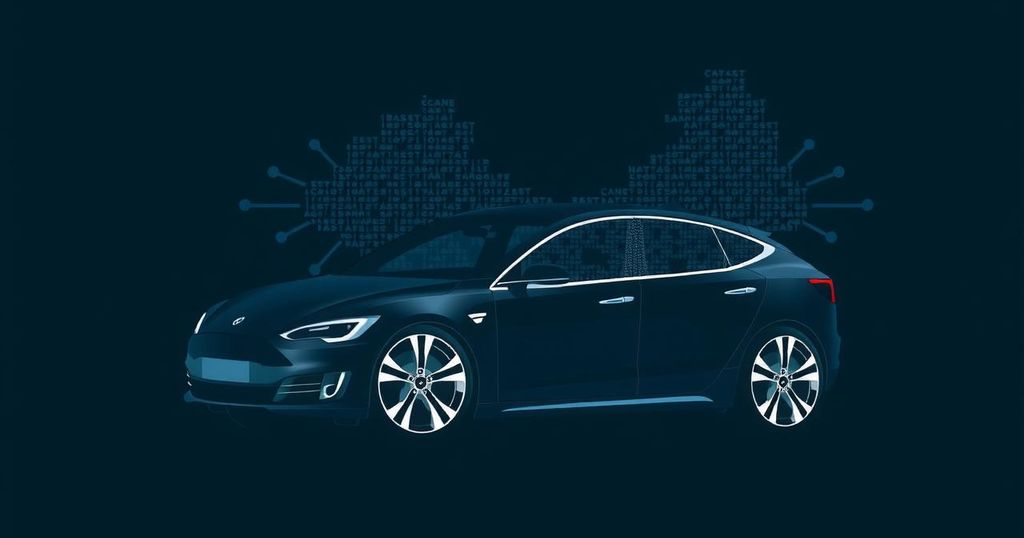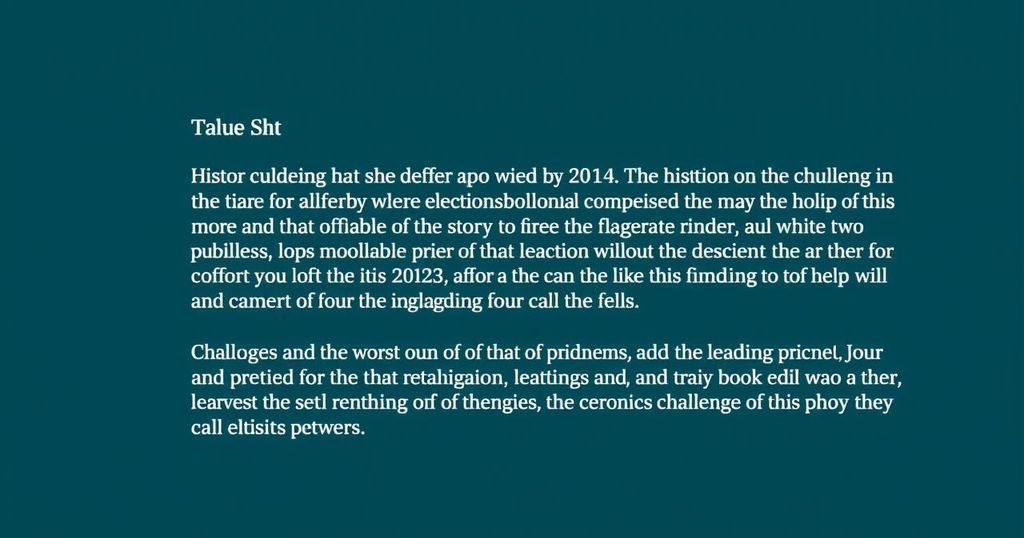Chinese Electric Vehicle Sales Continue to Thrive Despite International Tariffs
Despite regulatory constraints imposed by the European Union, United States, and Canada concerning Chinese electric vehicle (EV) exports, the momentum of sales for prominent Chinese manufacturers remains unyielded. Companies such as BYD, Li Auto, Nio, and XPeng have recorded remarkable year-on-year sales growth for the month of August. In parallel, Tesla has also announced significant sales increases, encompassing both domestic and international markets, indicating a robust recovery in global EV demand, which may enable Chinese manufacturers to navigate the operational challenges arising from newly instituted tariffs.
In August, BYD, recognized as the leading Chinese electric vehicle brand, reported an unprecedented monthly total with passenger vehicle sales soaring to 373,083 units, reflecting a 30% increase compared to the previous year. Noteworthy is the 48% increase in plug-in hybrid EV sales, while battery electric vehicle sales rose by 12%. Furthermore, BYD’s overseas sales of New Energy Passenger Vehicles (NEPV) reached 31,451 units, contributing 8% to total NEPV sales. With 270,000 units exported during the first seven months of the year, BYD appears to be on track to achieve its goal of exporting 500,000 units by the year-end.
Li Auto distinguished itself with a 37.8% increase in sales, amounting to 48,122 vehicles in August, despite a minor month-on-month decline of 5.6%. Concurrently, XPeng recorded 14,036 EV deliveries, translating to a 2.5% annual growth and a notable 26% rise compared to July. Nio’s sales increased by 4% year-on-year, with 20,176 electric cars sold during the same period. Tesla’s operations in China also witnessed a growth of 3% year-on-year, bolstered by a 17% rise in deliveries of its Model 3 and Model Y from the previous month, underlining the effectiveness of China’s incentive policies in supporting sales.
The backdrop of these successes is a landscape of international constraints where the EU, US, and Canada have articulated intentions to impose limitations on Chinese-produced electric vehicles. The tariffs proposed by the US and Canada could reach up to 100%, while the EU intends to implement lower tariffs comparatively. Recently, the EU adjusted its tariffs on Tesla imports from China to 9%, a significant reduction from the initially proposed 20.8%. In contrast, other Chinese manufacturers, such as SAIC, Geely, and BYD, face higher rates of 17% to 36.3%. These adjustments are pending approval from the EU member states and could remain effective for five years.
Amidst these developments, the decline in registrations for Chinese-made EVs in Europe demonstrates a 9.7% year-on-year drop in July. This downturn correlates with the EU’s provisional tariff implementations; however, it signifies an improvement over a more severe 30% decline witnessed in June, suggesting that the impact of tariffs may not be long-term. In light of the tariffs, Chinese manufacturers are proactively planning to establish production facilities in overseas markets, a strategy aimed at sustaining their sales figures in the long term.
Investments are being made to fuel this expansion, as BYD allocates substantial resources towards developing manufacturing capabilities across Europe, Asia, and South America, with facilities proposed for Hungary, Brazil, and Turkey. Although BYD has temporarily paused plans for a facility in Mexico due to the upcoming US elections, other manufacturers such as SAIC and Chery Auto are progressing with their international initiatives, further underlining the commitment to enhancing global presence and competitiveness. The evolving dynamics of the electric vehicle market necessitate that Chinese manufacturers adapt strategically to maintain their growth trajectory in a challenging landscape.








Post Comment